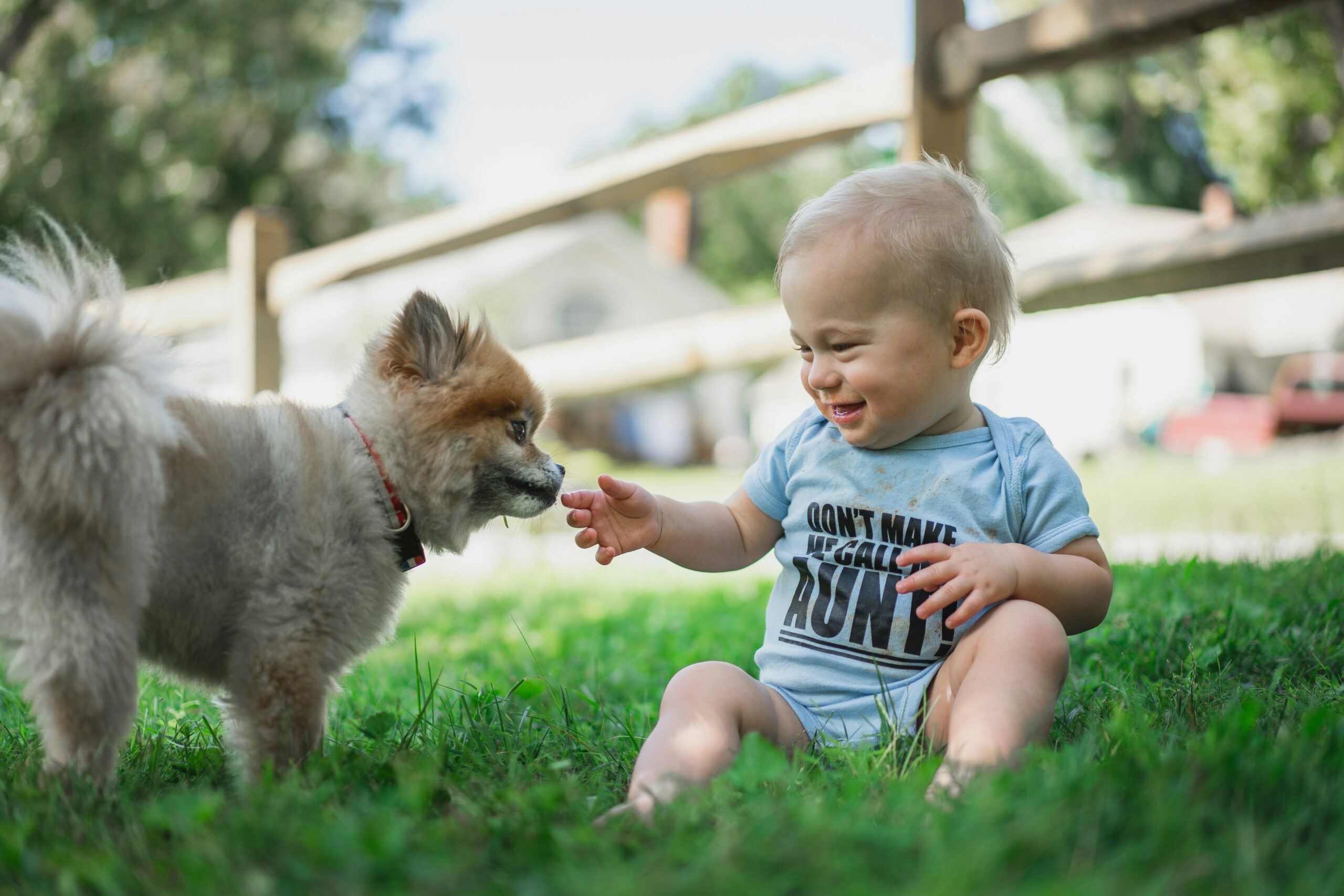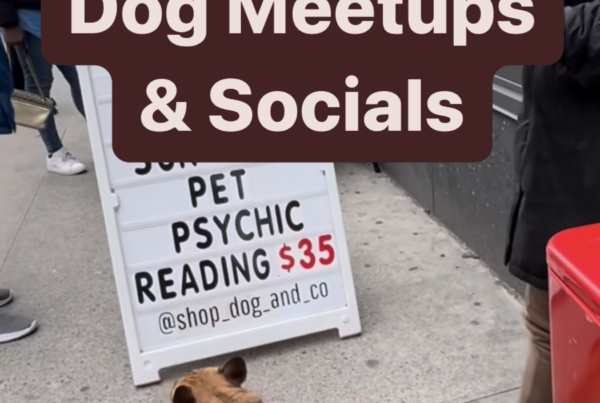When a family member is injured, everyone wants to help and ease their suffering. That same rule applies when it happens to be a furry member of the group. If your pup has suffered an injury, try using these tips to help make them more comfortable and get them on the road to recovery.
Learn to Speak Their Language
The first step in helping an injured dog is to understand what happened and what hurts. Unfortunately, dogs are not able to tell you what hurts or when things don’t feel quite right. It is up to you to learn how to decode their language and find a solution.
Dogs can do one of two things when injured depending on the nature and severity of how well they can hide their injury. Dogs tend to act out or in inappropriate ways when they are hurting. Interestingly, many common behavioral problems are actually caused by an underlying medical condition. So, one of the first things you should look for is behavior outside of the norm for your dog. The other thing they may do is hide their injury as in the wild- if you are injured you are potentially more vulnerable and then prey. This is where yearly and regular exams can come in handy.
Are they whining, growling or avoiding your touch? That could be a sign of pain. Try using a product containing CBD oil for dogs to ease the discomfort and reduce inflammation. Excessive licking of their lips, yawning, panting and pacing are all signs of stress that indicate something is going on. If you notice these behaviors, it is probably safe to assume there is an injury that requires medical treatment.
Work With a Vet You Trust
The right vet can help you diagnose a problem and find a solution. If you don’t have a vet for routine exams and vaccinations, now is the time to find one you can trust. The experts at Rover offer a few tips, such as talking to friends and family members about their favorites and scheduling a tour, for finding the right fit. unfortunately, in a true emergency, you may not have time to make a visit in advance. That is just one more reason to develop a relationship with a local veterinary office for your pet’s normal care.
Know When To Seek Specialized Care
Sometimes, even the best-intentioned veterinarian will not be able to offer the care your dog needs. Luckily, there are veterinary specialists who offer services like ophthalmology, orthopedics and oncology for dogs and other companion animals. If you are unsure where to find the right specialist, try calling your state veterinary school. They often have specialist programs on-site, or they can point you to one closer to home.
Make Them Comfortable
Once you have found the problem and are working toward healing, it is best to keep your dog as comfortable as possible. Depending on the severity and type of injury, that can mean prescription or over the counter pain medications, herbal supplements or topical treatments. Keep in mind that you should never give a dog medications designed for people unless directed to by your vet. Many are toxic to pets and can lead to serious harm.
Limiting motion may also be necessary. For an active dog like a lab or border collie, that can seem near impossible. Using a crate or pet gate to confine them to a room is helpful. Remember that pain and inflammation can change a dog’s behavior, though, so it may be easier than you think to keep even a normally energetic dog napping most of the day.
Remove Environmental Hazards
Removing things from the house and yard that are likely to cause an injury going forward is another important step in helping your pet recover. After all, the last thing you want is another injury. Objects with sharp or rough edges, choking hazards and anything that could get caught on a collar should be removed for a safer environment.
Listening to what your dog is trying to tell you and working with your vet can uncover the extent of your dog’s injuries. Proper medication and care can help them feel better and get back to themselves as soon as possible
Love our content? Share it with a friend or link it to social media. Like short clips of cute household pets? Training tips? Follow us on instagram @nydognanny or on YouTube at nydognanny. Have some news you needs to get to dog and cat parents stat? Email info@newyorkdognanny.com with your article pitch.



